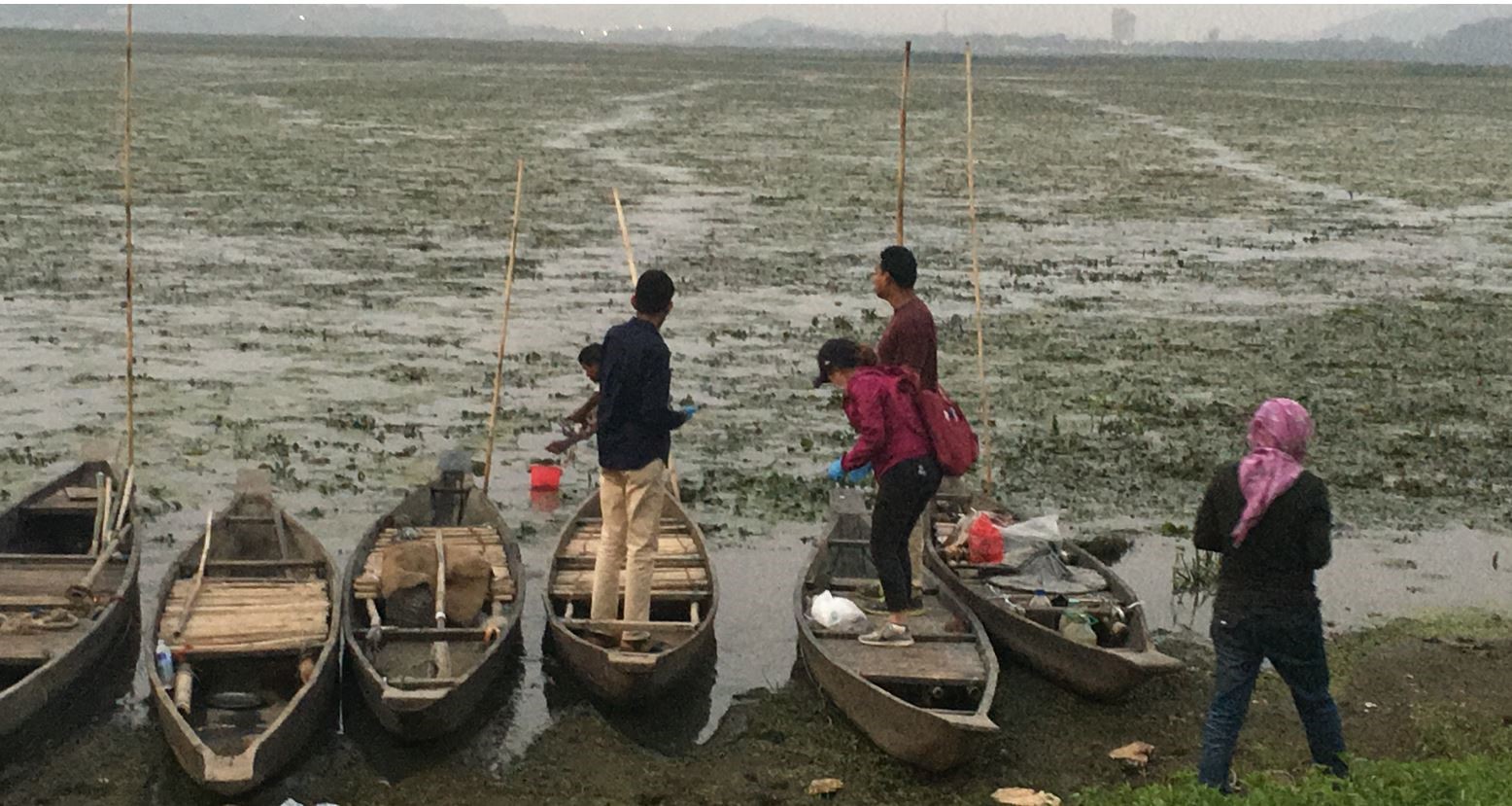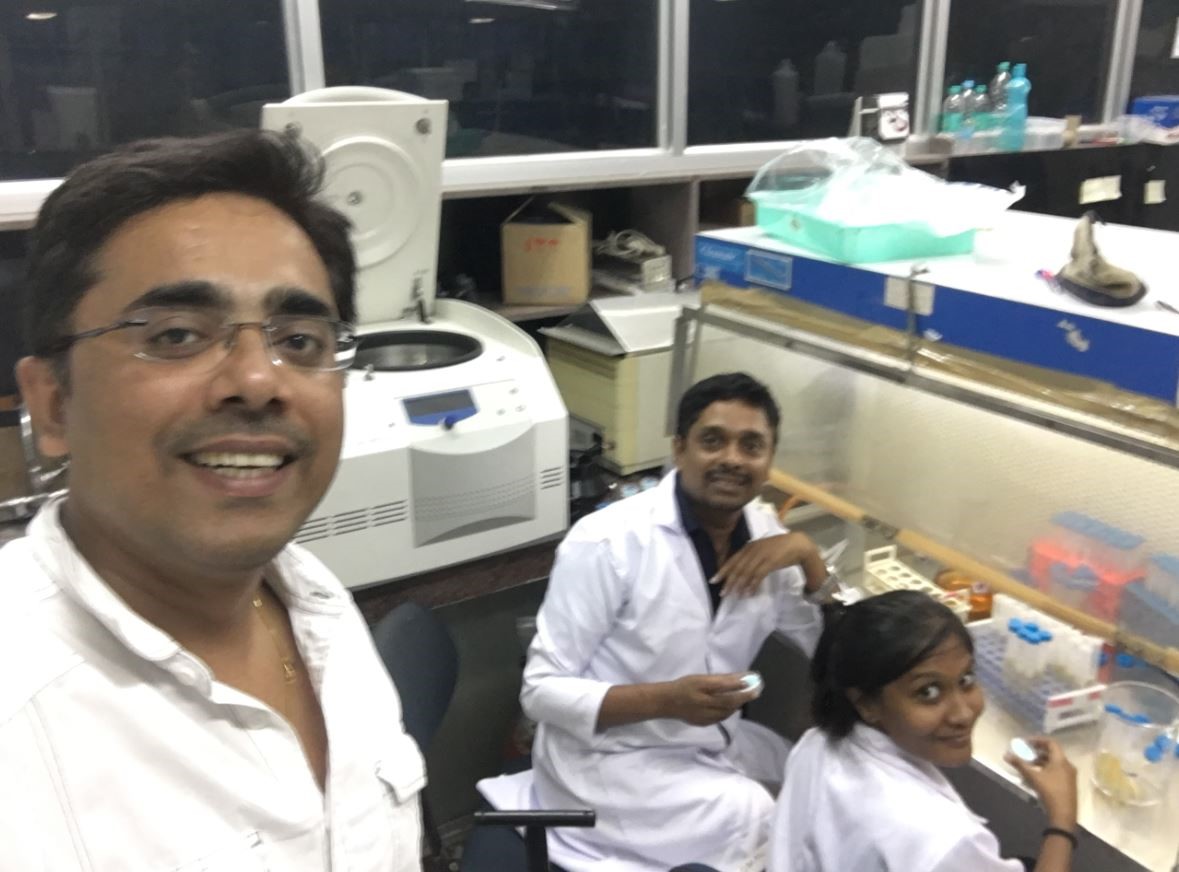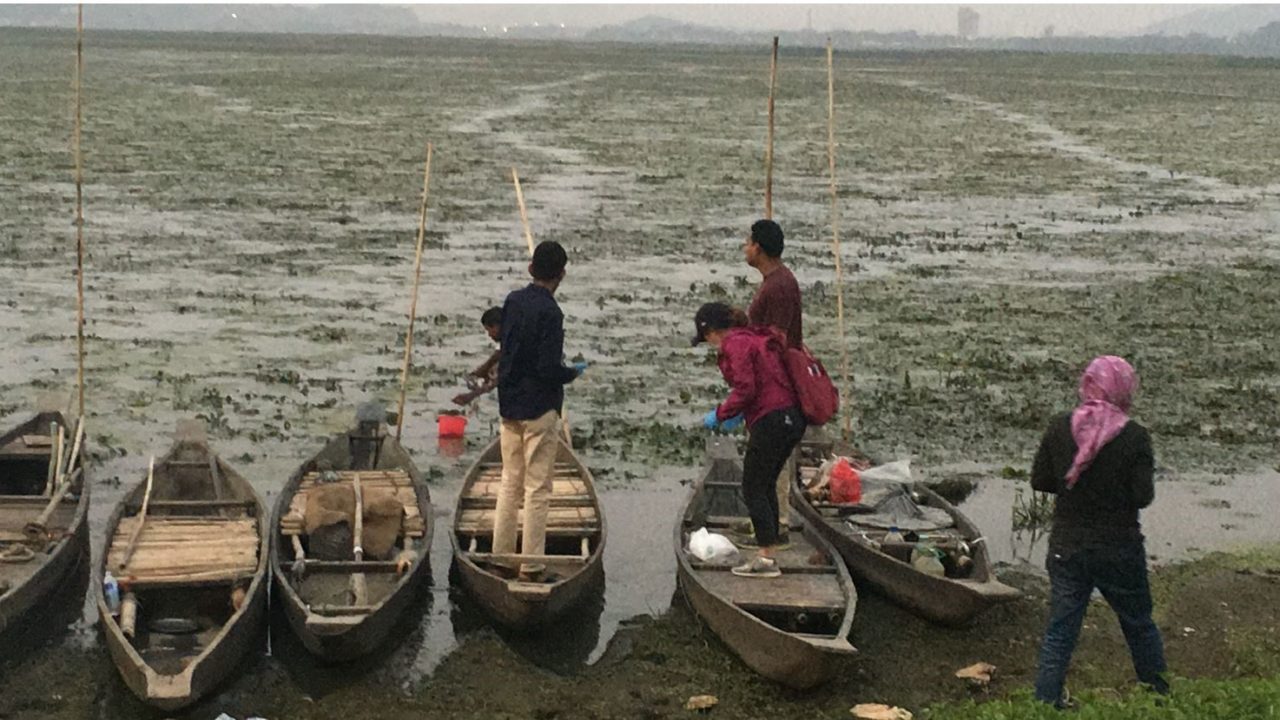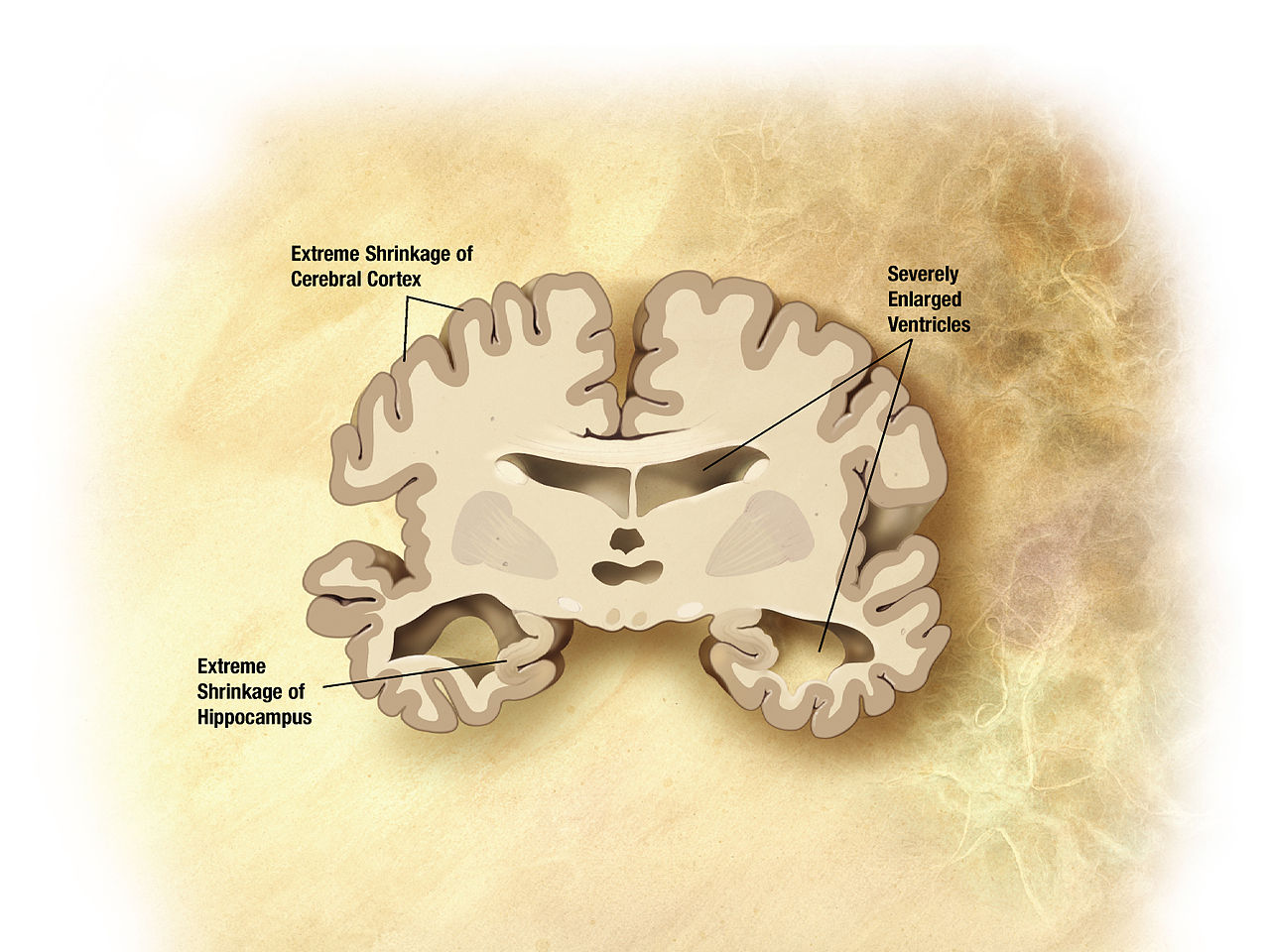Chemical residues released from pharmaceutical and personal care products are not only becoming a major contaminant of water bodies in urban areas but are also becoming a source of drug resistance in the environment, a new study has warned.

The study, which evaluated the vulnerability and resilience of urban water bodies in Guwahati city, found the presence of viruses and multidrug-resistant E. coli in samples collected from the Brahmaputra. Deepor Beel – a freshwater wetland – was found to be the least polluted in comparison to the Brahmaputra river and Bharalu, the tributary turned urban drain.
Researchers analyzed the occurrence of pharmaceuticals and personal care products, intestine occurring virus, antibiotic-resistant bacteria, metal, fecal contamination, and antibiotic resistance genes, as well as the long term changes in precipitation and temperature of the water. Some microbes displayed 100% resistance to major antibiotics – levofloxacin, ciprofloxacin, norfloxacin, kanamycin monosulphate, and sulfamethoxazole.

“The Brahmaputra due to its high diluting capacity through enormous discharge is providing resilience to urban water and all the pollution added by the city drains gets diluted in the downstream”, pointed out Dr. Manish Kumar of Indian Institute of Technology Gandhinagar, who led the study, while speaking to India Science Wire. The research team included scientists from Sri Lanka and Japan as well.
Water samples were collected from the Brahmaputra before it entered the city as well as before its water got mixed with Bharalu. Another set of samples was collected from after downstream mixing, and then from the location at ten kilometers downstream of Guwahati city. The other three samples were collected from upstream to the confluence point of Bharalu.
It was found that the concentration of pharmaceutical and personal care products was high in drain samples and very low in the lake and river water. Researchers said it was clear that pharmaceutical and personal care product residues were directly associated with raw sewage and hence not detected in upstream or downstream of the Brahmaputra, or in the Deepor Beel wetland.
The study further reports contamination of drain water by toxic metals like arsenic, cobalt, and manganese correlates with water quality parameters such as acidity and appear to be inducing antibiotic resistance in E. coli bacteria.
“As there are not many new antibiotics discovered all over the world, the existence of superbug, resistant to several antibiotics is alarming”, commented Ryo Honda, another member of the team from Japan. “Hundred percent resistances for all six antibiotics that we have tested is the result, we never expected”, added another team member Tushara Chaminda from Sri Lanka.
The widespread use of antibiotics must be controlled through the attention of scientists, policymakers, and medical practitioners. “It is time to adopt a holistic approach for vulnerability and resilience evaluation of water systems and to revise the ambient water quality guidelines by including new age parameters”, added Manish Kumar.
The research team included Manish Kumar and Bhagwan Ram (IIT Gandhinagar); Ryo Honda (Kanazawa University, Japan); Chomphunut Poopipattana, Vu Duc Canh and Hiroaki Furumai (University of Tokyo); and Tushara Chaminda (University of Ruhuna, Sri Lanka). This work was funded under the India-Japan Co-operative Science Programme of the Department of Science and Technology (DST). The results of the study have been published in the journal Science of the Total Environment. (ISW)
If you liked this article, then please subscribe to our YouTube Channel for the latest Science & Tech news. You can also find us on Twitter & Facebook.



